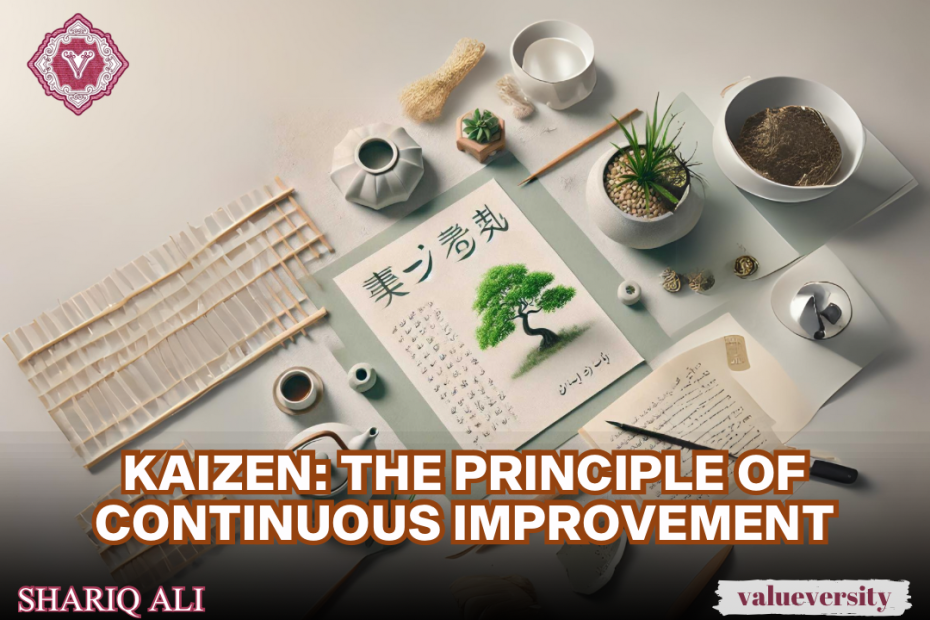Kaizen: The Principle of Continuous Improvement
By: Shariq Ali
Kaizen is a Japanese word that describes the process of continuous improvement in life and work. In 1986, Masaaki Imai’s book “Kaizen: The Key to Japan’s Competitive Success” highlighted the cultural environment that can lead to the betterment of an individual or a nation. Today, we will review some key points from this book.
The process of improvement consists of three stages: planning, sharing the vision, and cultivating a better culture.
The first stage, planning, requires honest reflection. We need to understand where we currently stand and where we want to go. What challenges and sacrifices will we have to face along the way? We must be ready to change our thinking and attitudes. Learning from past mistakes and documenting our plan, known as the “True North Statement,” is essential.
The second stage, sharing the vision, involves including our colleagues or family members in the plan. This requires simple and realistic conversations, addressing their questions, and convincing them of the mission.
The third stage, cultivating a better culture, focuses on taking small steps. Encourage yourself and your colleagues at every small step to maintain motivation for the long journey ahead.
It’s also important that your efforts are clearly visible to your colleagues, and that you set an honest example for them. Promote creative thinking and provide opportunities for your colleagues to express their leadership skills.
With best wishes for individual and collective success, I now take my leave.
Shariq Ali
Valueversity
